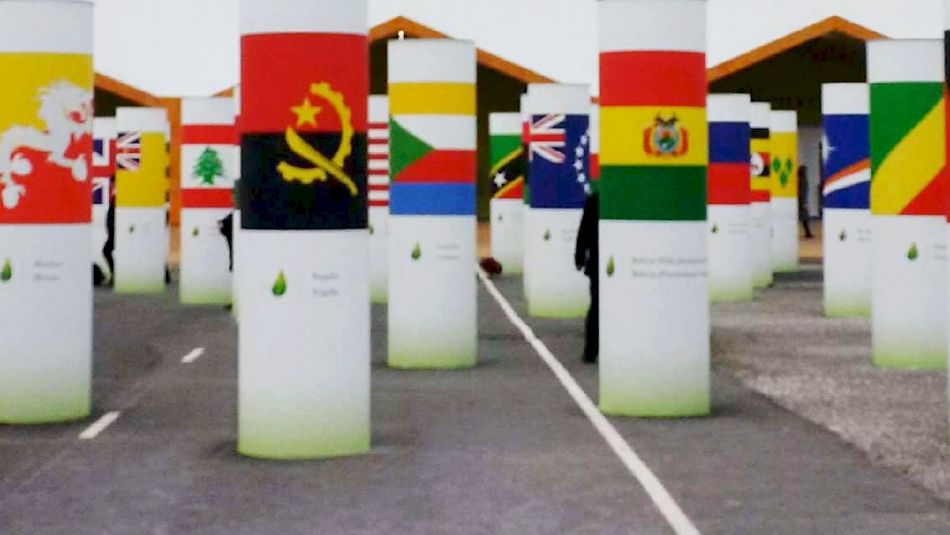
Share
By Fred Wilson
As the COP21 climate conference comes close to a conclusion, the world can breathe a bit easier.
All-night negotiations chaired by France’s Laurent Fabius produced a near to final agreement that delivers at least some of the ambitions we have been waiting for.
The final agreement is expected on Saturday at noon, and a statement from the Canadian trade unionists that have been part of this process in Paris will be circulated soon after.
We can now see a Paris Agreement that will commit the world to keeping global warming "well below two degrees Celsius" with a parallel effort to limit warming to 1.5 degrees and "greenhouse gas neutrality" within the second half of this century. It is well understood that this will require massive reductions in emissions by 2050.
To achieve these goals, a new round of national targets will be required in 2020 to be reviewed every five years. Beginning in 2023 the United Nations will conduct a "global stock-take" of carbon in the atmosphere every five years to guide future goals.
While still lacking in long-term commitments, there is a $100-billion per year Global Climate Fund to assist the developing world for both climate action and adaptation to already occurring climate impacts.
Just transition for workers is affirmed in the COP21 agreement as a principle that must guide climate actions by all governments and institutions.
The new agreement certainly has its shortcomings. Both in Canada and around the world, climate activists must continue the fight to fulfill the goals of COP21. But there is no doubt that the consensus in Paris can slow the trajectory towards catastrophic global warming.
When Canada's "fair share" of this decision is calculated, it will have profound implications for our economic and social future. Unifor will continue to play a critical role in shaping what that means for our members.


